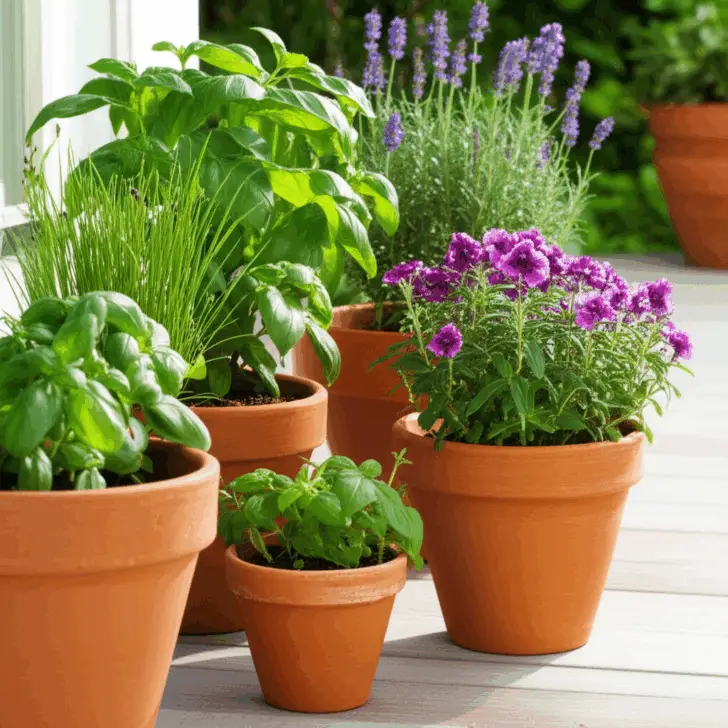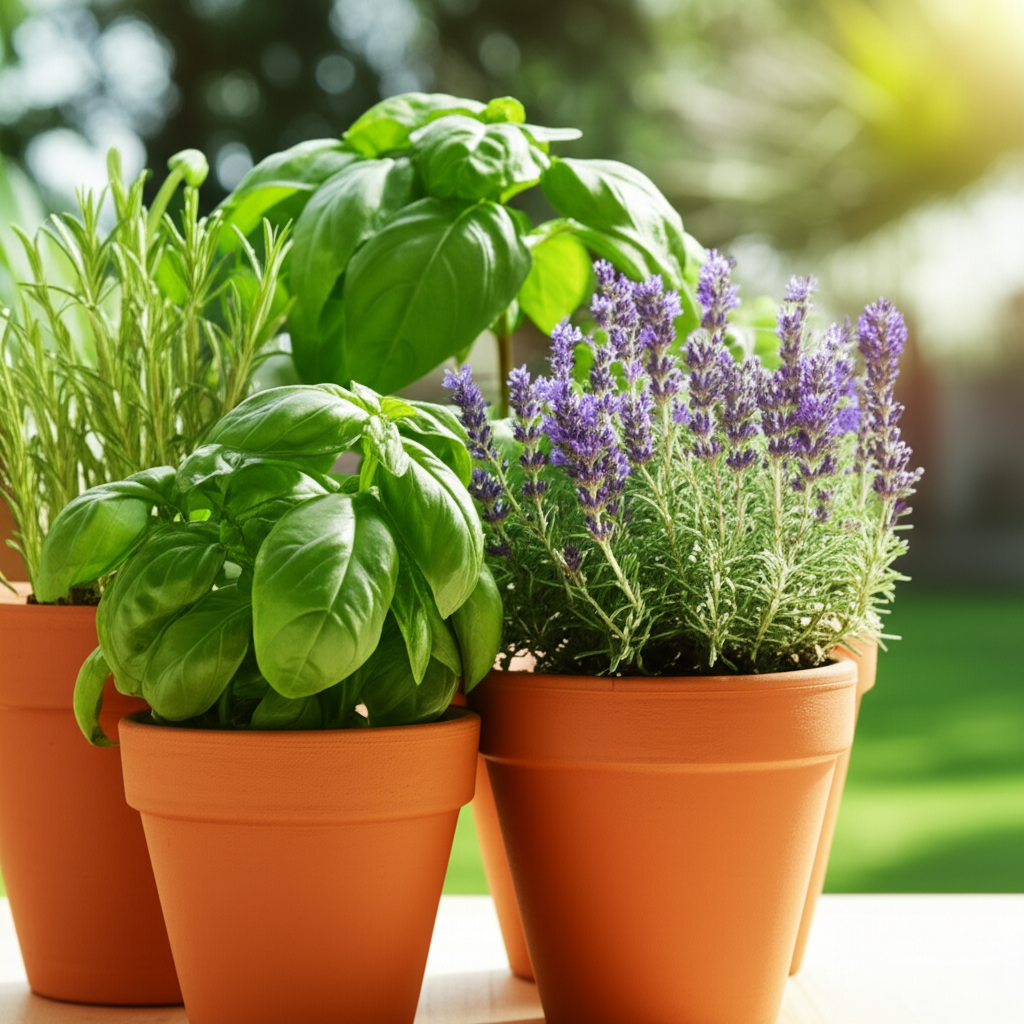Battling mosquitoes in Florida can feel like a never-ending war. But instead of relying solely on chemical sprays, consider a more natural and aesthetically pleasing approach: mosquito repellent plants. These plants emit fragrances that naturally deter mosquitoes, providing a safer and more enjoyable outdoor experience. This guide covers Florida’s top picks for mosquito repellent plants, their care requirements, and how to strategically place them for optimal effectiveness.
Introduction: A Natural Solution to Mosquitoes in the Sunshine State

Florida’s warm, humid climate makes it a haven for mosquitoes, turning blissful evenings outdoors into an itchy nightmare. While commercial repellents can offer temporary relief, they often come with harsh chemicals. A more natural and eco-friendly alternative is cultivating mosquito repellent plants. These plants produce essential oils and compounds that mosquitoes find unpleasant, creating a protective barrier around your home and garden. Adding these fragrant and beautiful additions to your landscape not only enhances its aesthetic appeal but also offers a sustainable and effective solution to mosquito control.
Florida’s Finest: Top Mosquito Repellent Plants
Choosing the right plants is crucial for effective mosquito control. Here are some of the best options that thrive in Florida’s unique climate:
1. Citronella Grass: The Gold Standard
Perhaps the most well-known mosquito repellent, citronella grass is a powerful weapon against these pesky insects. Its strong citrusy scent masks other attractants, confusing and repelling mosquitoes.
Care: Requires full sun and well-drained soil. Protect from frost during colder months.
Placement: Ideal for borders, containers, and near outdoor seating areas.
2. Lemon Balm: A Versatile Repellent
Lemon balm releases a strong lemon scent when its leaves are crushed, effectively deterring mosquitoes. This versatile herb also attracts beneficial pollinators, enhancing your garden’s biodiversity.
Care: Thrives in full sun to partial shade and well-drained soil. Can be invasive, so regular pruning is recommended.
Placement: Suitable for containers, herb gardens, and around patios.
3. Catnip: More Than Just a Cat Treat
While famous for its effect on cats, catnip contains nepetalactone, a compound proven to be even more effective than DEET at repelling mosquitoes.
Care: Prefers full sun and well-drained soil. Tolerates drought conditions.
Placement: Plant in containers or designated areas to avoid overgrowth if you’re not a fan of attracting neighborhood cats.
4. Marigolds: Colorful and Effective
These vibrant flowers not only add a splash of color to your garden but also emit a strong odor that repels mosquitoes and other garden pests.
Care: Requires full sun and well-drained soil. Deadheading encourages continuous blooming.
Placement: Excellent for borders, flower beds, and vegetable gardens.
5. Lavender: Relaxation and Repellency
Lavender’s soothing fragrance is well-loved by humans, but mosquitoes find it quite the opposite. Its calming scent creates a pleasant atmosphere while keeping mosquitoes at bay.
Care: Thrives in full sun and well-drained soil. Benefits from regular pruning.
Placement: Ideal for walkways, borders, and near windows.
6. Rosemary: A Culinary and Repellent Herb
This aromatic herb doubles as a flavorful addition to your cooking and a potent mosquito repellent. Its woody scent effectively deters mosquitoes and other insects.
Care: Prefers full sun and well-drained soil. Tolerates drought conditions.
Placement: Suitable for herb gardens, containers, and near outdoor dining areas.
7. Peppermint: Refreshing and Repelling
Peppermint’s invigorating aroma is refreshing for humans but offensive to mosquitoes. Its fast-growing nature makes it an effective choice for creating a mosquito barrier.
Care: Thrives in partial shade and moist soil. Can be invasive, so consider container planting.
Placement: Plant around patios, decks, and near water features.
Maximizing Effectiveness: Strategic Placement and Care
Planting these mosquito repellents strategically is key to their effectiveness:
Wind Direction: Position plants downwind from your outdoor living areas to maximize the reach of their scent.
Clustering: Grouping multiple plants together creates a stronger repellent effect.
Container Gardening: Using containers allows you to move plants around to address specific mosquito hotspots.
Regular Maintenance: Proper watering, fertilization, and pruning will ensure healthy, vigorous growth and maximize their repellent properties.
FAQs: Addressing Common Queries
Do mosquito repellent plants completely eliminate mosquitoes? While these plants significantly reduce mosquito activity, they don’t provide 100% protection. They are most effective when used as part of an integrated mosquito control strategy.
Are these plants safe for pets? Most of the mentioned plants are safe for pets. However, it’s always best to research specific plants if you have pets that tend to nibble on greenery. Avoid pennyroyal, as it is toxic to both pets and humans.
How many plants do I need? The number of plants depends on the size of the area you want to protect. Start with a few plants and gradually increase based on your needs.
What if I have limited space? Container gardening is an excellent solution for small spaces, allowing you to maximize the benefits of mosquito repellent plants even on balconies or patios.
Conclusion: Embrace Nature’s Defense
By incorporating these mosquito repellent plants into your Florida landscape, you can create a more enjoyable and mosquito-free outdoor environment. These natural solutions provide a safer and more sustainable alternative to harsh chemicals, enhancing the beauty of your garden while protecting you and your family from unwanted pests. Remember to consider your specific needs and preferences when selecting plants and strategically position them for optimal effectiveness. Embrace the power of nature and enjoy the Florida outdoors without the constant buzzing and biting.

